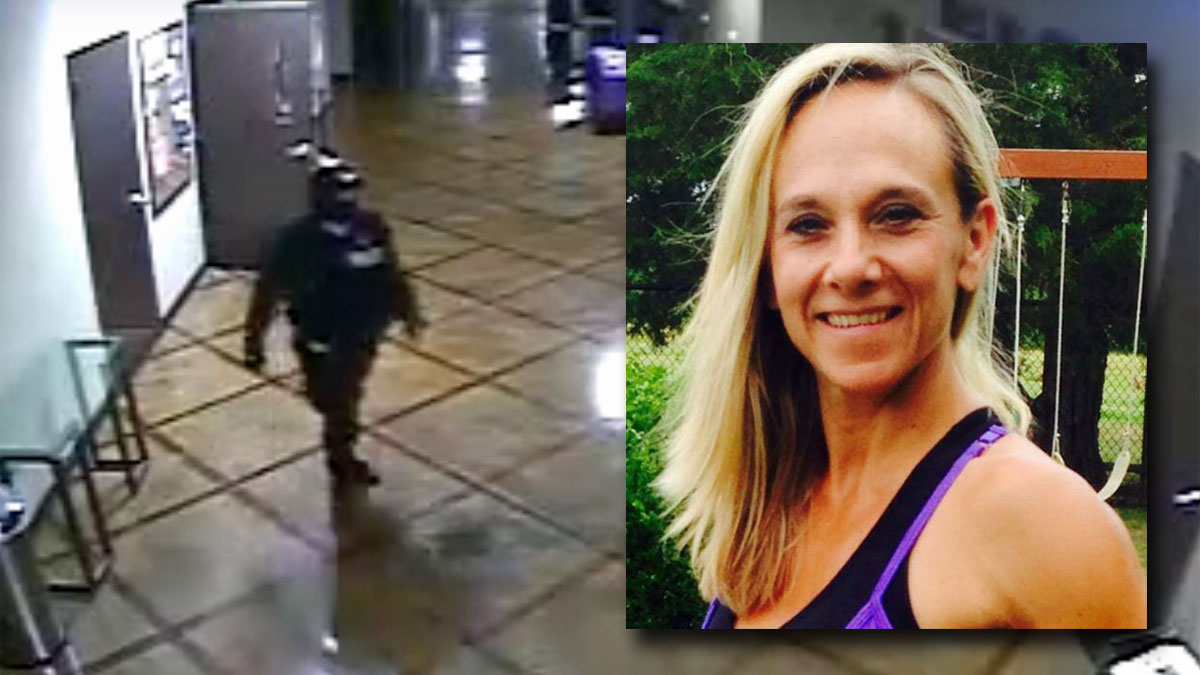Heart disease can affect anyone at any age. Some people are born with a condition they know nothing about until it strikes with no warning. A Unversity of Texas at Dallas college student shares her story with NBC 5’s Bianca Castro.
Some people are born with a heart condition they know nothing about until it strikes with no warning as it did for a University of Texas at Dallas student.
Avery Jaster, 22, has learned a lot as a cardiology intern at McKinney Medical Village but her path there was a very personal one.
Watch NBC 5 free wherever you are
"Usually a lot of people will say, 'well, you don't look like you have heart problems.' Usually, I'll say something like, 'thanks, because that's the goal. I don't want to look like I have heart problems,'" said Jaster.
A skilled equestrian, Jaster says at 18, she started noticing symptoms like dizziness, fatigue and being short of breath.
Get top local stories delivered to you every morning with NBC DFW's News Headlines newsletter.
Yet, she said, doctors couldn't give her any real answers.
She kept on for a few more years until one day, in the fall of 2022, when she passed out while riding her horse.
"I was actually on the horse and had just started riding. I'd been on for about five minutes when I felt my heart rate increase. I felt lightheaded and then woke up on the ground. I knew immediately at that time that things were getting more serious," said Jaster.
Local
The latest news from around North Texas.
She says she contacted her cardiologist, Dr. Dale Yoo, who used testing to determine that Jaster has a genetic form of heart failure.
"She had genes that she, unfortunately, was born with that changes her proteins and makes it so that her heart doesn't contract in the way that it should," said Yoo.
It's a rare diagnosis for someone as young as Jaster but a condition that highlights the importance of knowing your family heart history, no matter how young you are.
"What's under the skin isn't always as healthy as what's on the outside of the skin, and you do need your evaluations and know your family histories. I think that's really important," said Yoo.
Jaster has a paper clip-sized monitoring device inside her chest that can detect changes in her heart.
That, plus medication, keeps her in charge of her condition so that she can take charge of her future.
"I developed a love for cardiology after going through what I went through," said Jaster. "It really made me want to use my experiences in some way or another to help other patients like me find their answers and feel better."




